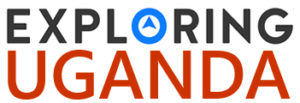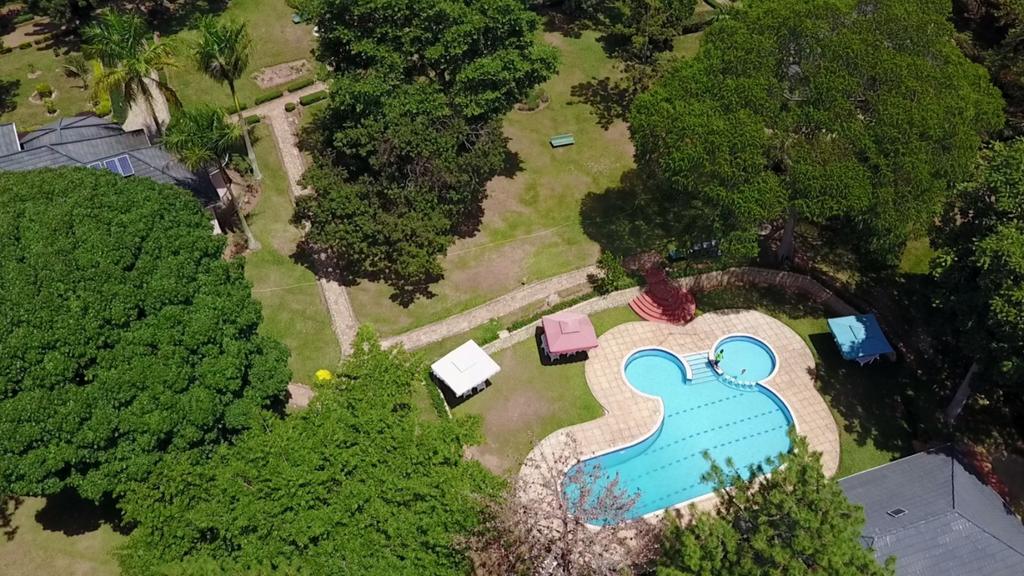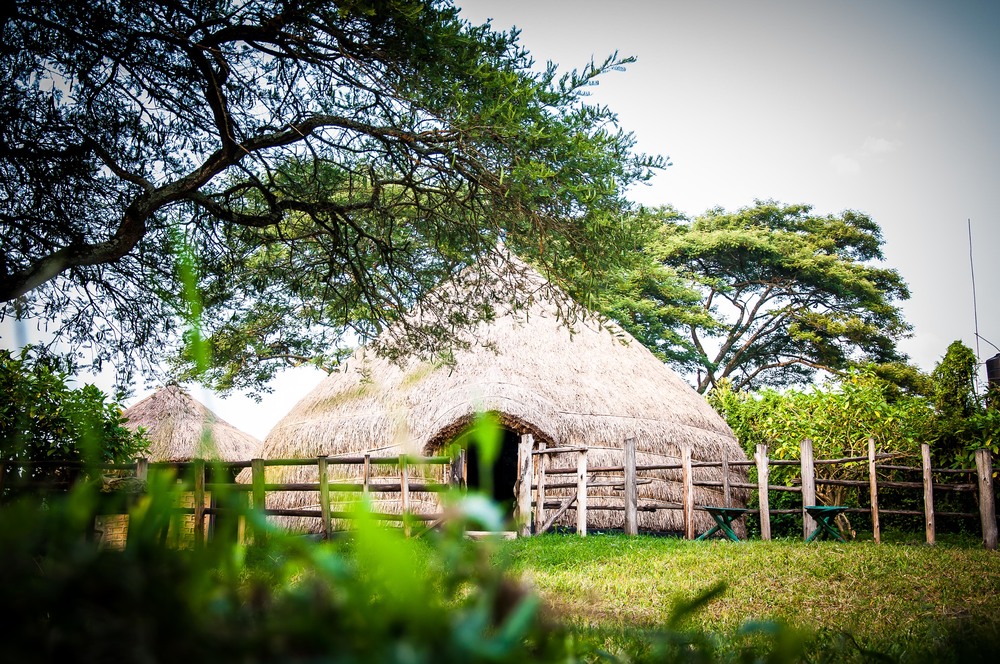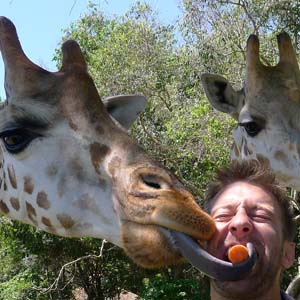Uganda is a landlocked country in East Africa whose diverse landscape encompasses the snow-capped Rwenzori Mountains and immense Lake Victoria, Its abundant wildlife includes chimpanzees as well as rare birds.
Famously called the Pearl of Africa by Winston Churchill, it is a home to one of the most diverse and concentrated ranges of African fauna including the highly endangered mountain gorilla and the endangered common chimpanzee
It is bordered to the east by Kenya, to the north by South Sudan, to the west by the Democratic Republic of the Congo, to the southwest by Rwanda, and to the south by Tanzania.
Uganda appeals to all travellers, whatever your interest; be it Gorillas Trekking, Wildlife Viewing, Forest Primates Trek, Bird Viewing, Mountain Climbing, White Water Rafting, Bungee Jumping, Sport Fishing and Cultural tours.
The greater part of Uganda consists of a plateau about 4,000 ft in height. Along the western border of the Ruwenzori Mountains reaching heights of over 16,000 ft, while on the eastern frontier Mount Elgon rises to 14,178 ft. By contrast, the Western Rift Valley, which runs from north to south through the western half of the country, is as low as 3,000 ft on the floor of Lake Edward and Lake George and 2,000 ft on the flow of Lake Albert. The White Nile River has its source in Lake Victoria.
Uganda has four of Africa’s seven great lakes, including Lake Victoria which is the second largest body of fresh water in the world.
Capital City:
Kampala is the capital city of Uganda.
Location
Uganda is a landlocked country astride the equator; about 800 kilometers inland from the Indian Ocean. It lies on the northwestern shores of Lake Victoria, extending from 1 south to 4 north latitude and 30 to 35 east longitude.
Uganda is bordered by Tanzania and Rwanda to the south, Zaire to the west, Sudan to the north, and Kenya to the east. With a land surface of 241,139 square kilometers , Uganda occupies most of the Lake Victoria Basin, which was formed by the geological shifts that created the Rift Valley during the Pleistocene era. The Sese Islands and other small islands in Lake Victoria also lie within Uganda’s borders.
Time
GMT + 3
Population:
Just over 30 million people live in Uganda
Area:
236,040 sq km
Climate
The climate is tropical; generally rainy with two dry seasons (December to February, June to August). Average daily temperatures rarely exceed 29 Celsius (84 F).
Ethnic Groups
Uganda’s ethnic groups are most broadly distinguished by language. In southern Uganda, most of the population speak Bantu languages. Sudanic speakers inhabit the northwest; Nilotic speakers, principally the Acholi and Langi, live in the north; and the Iteso and Karamajong in the northeast. The Baganda, who populate the northern shore of Lake Victoria, constitute the largest single ethnic group in Uganda, making up about 17% of the total population. The Basogo 8%; the Iteso 8%; and the Langi 6%. Perhaps 6% of the population (not counting refugees) is of Rwandan descent, either Tutsi or Hutu. Most of them live in the south. Bagisu constitute 5%; Acholi account for 4%; Lugbara another 4%; Bunyoro 3%; and Batoro 3%. The Karamajong account for 2%. Various other groups make up 23%; the remaining 1% is comprised of non-Africans, including Europeans, Asians, and Arabs.
Religions
Roman Catholic 33%, Protestant 33%, Muslim 16%, indigenous beliefs 18%.
Official Language
English is the official language, with Swahili, Luganda and other Bantu languages also spoken.
Currency
The Ugandan shilling, denoted by UGS, is the official currency of Uganda
Geography
Uganda shares borders with Sudan to the north, Kenya to the east, Lake Victoria to the southeast, Tanzania and Rwanda to the south and the Democratic Republic of Congo to the west. Kampala is on the shores of Lake Victoria, and the White Nile flowing out of the lake traverses much of the country. The varied scenery includes tropical forest and tea plantations on the slopes of the snow-capped Ruwenzori Mountains, the arid plains of the Karamoja, the lush, heavily populated Buganda, the rolling savannah of Acholi, Bunyoro, Tororo and Ankole, and the fertile cotton area of Teso.
Visa Requirements
A passport valid for three months beyond the date of entry, visa and evidence of yellow fever vaccination are required. Visas are available at Entebbe Airport or may be obtained from the Embassy of the Republic of Uganda. Airline companies may also require travelers have a visa before boarding. Travelers should obtain the latest information and details from the Embassy of the Republic of Uganda.
Airport Embarkation Tax
No airport tax is levied on passengers upon embarking at the airport.
Health
Visitors should bring personal supplies of medicines that are likely to be needed, but enquire first at the embassy or high commission whether such supplies may be freely imported. Comprehensive health insurance is essential and should include cover for emergency air repatriation in case of serious accident or illness. The Ugandan health service has still not recovered from the mass departure of foreign personnel in 1972 and there are medical facilities of a reasonable standard only in large towns and cities.
Yellow fever: A yellow fever vaccination certificate is required from travelers over 1 year of age coming from infected areas.
Malaria risk: predominantly due to P. falciparum – exists throughout the year in the whole country. P. falciparum resistant to chloroquine and sulfadoxine – pyrimethamine reported.
Recommended prophylaxis: mefloquine.
It is recommended that visitors take precautions against typhoid, bilharzia, hepatitis and cholera in particular.
AIDS/HIV is prevalent
Wildlife
Uganda can’t compete with Kenya or Tanzania for sheer density of wildlife, but with 500 species of mammal it has amazing diversity; and with the opening of the Ziwa Rhino Sanctuary, the big five are all here again. Uganda is also home to more than half the world’s mountain gorillas, and viewing them in their natural environment is one of the main attractions for visitors. On top of this, Uganda has a good number of chimpanzees and there are several places where you can track them. With well over 1000 species recorded inside its small borders, Uganda is one of the best bird-watching destinations in the world.
Road Conditions
While traveling through Uganda you will be mostly on tarred roads and they are in reasonably good condition. There are some long days in the vehicle, but the scenery makes up for it! There are some really bad sections of dirt road.
The safari vehicles you will be traveling in are a little slower on the road than a saloon vehicle or a smaller ‘family’ 4×4.
Money
US Dollars cash is the preferred option when traveling in Uganda. We suggest a combination of small denomination notes (USD 1, 5, 10, 50) as well as USD 100 bills – make sure they are POST 2000 and have the ‘large heads’ on – (the older notes depict the various senators with ‘smaller heads’ – this may sound a bit cryptic, but when you compare the notes it will become clearer. Note that whilst more convenient in terms of changing currency and not having to carry around huge amounts of Shillings, there is normally a surcharge on the smaller notes when changing them. Keep your slips, you are able to change surplus shillings back to cash if you have proof of purchase when leaving the country. GOOD IDEA to get some Uganda Shillings early on in the trip; the airport provides an opportunity to do this.
Travellers Cheques
These are difficult to change and REALLY bad rates of exchange generally apply, and are often VERY difficult to cash, even in Kampala and especially over weekends and after hours. Throughout the rest of the country, changing TC’s is almost impossible.
Bank cards (hole in the wall ones) that work internationally in other parts of the world (even in Africa like South Africa) GENERALLY DO NOT work here in spite of them claiming to be internationally usable all over the world!! Do not rely on this, though you may be lucky!!
Credit cards – there is at least a 5% surcharge when using a credit card, and they are not accepted at very many places at all. Cashing money on CC can ONLY be done in banking hours (9-3pm weekdays) at Barclays Bank KAMPALA & rates of exchange are not good either & it takes time.
Spending money – you will need to cater for drinks, curios etc – USD 20-40 / day plus the odd dinner not included (please refer to your itinerary)
Exchange rate USH 1800 = USD1 approx, at time of writing January 06.
Travel Insurance
It is a strong recommendation that you are covered by some type of medical insurance. Should you require further information please do not hesitate to contact us. Minimum cover should be $25 000 for medical and related expenses.
Electricity
240 volts AC, 50Hz.
Safety
Your personal safety and well being is our prime concern – but do not tempt petty theft, pickpockets, etc. When near markets or in the centre of Kampala/Entebbe – be careful with personal possessions and cameras, etc. A “moon bag” is a useful item. We recommend that you keep cash, travelers cheques and credit cards on your person at all times. Some lodges, camps or hotels have safe keeping facilities – please inquire on an individual basis, should you require this service








